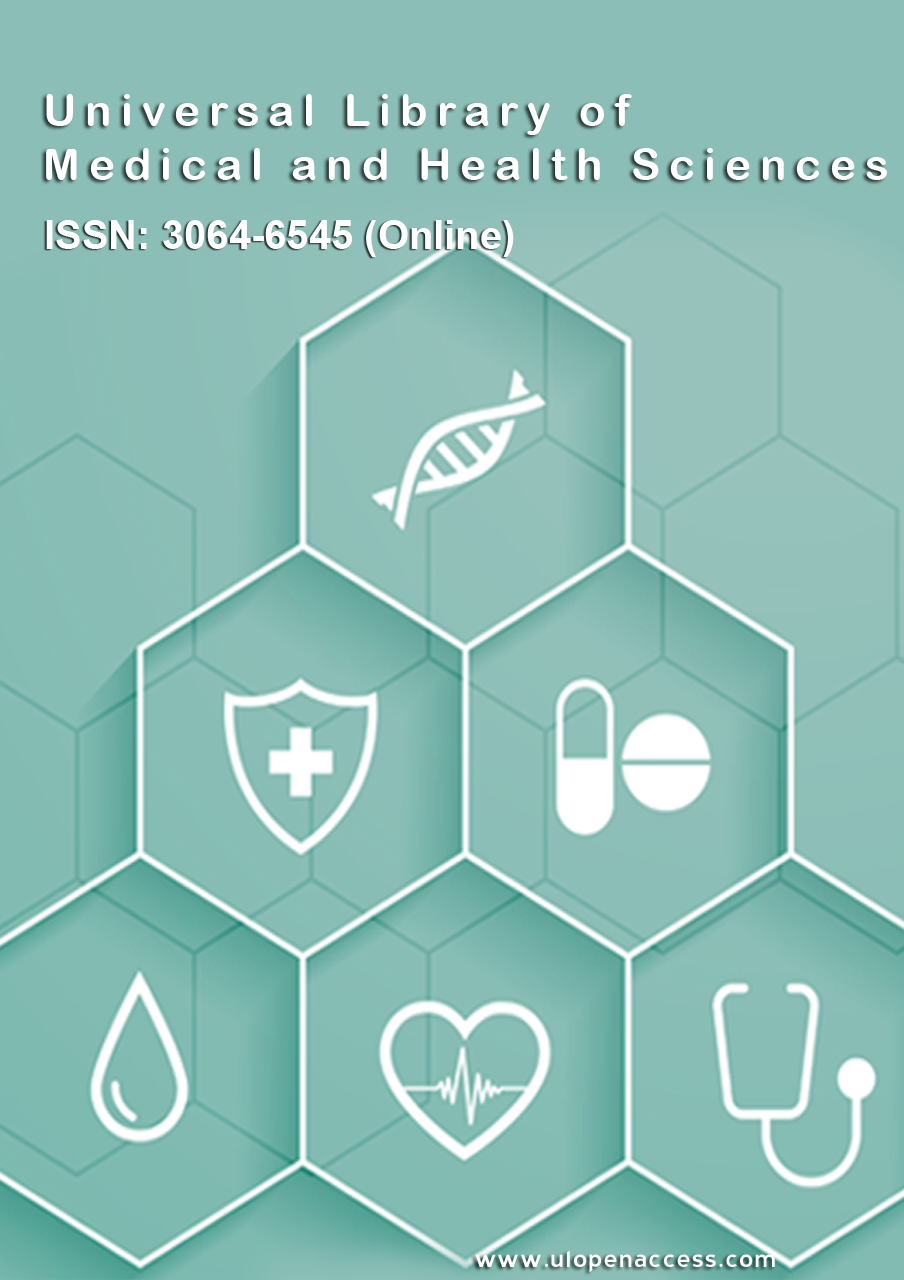Is Genital Cutting Aspect of the Genesis’s Eve’s Curse?Yuliana Glazkova Citation: Yuliana Glazkova, "Is Genital Cutting Aspect of the Genesis’s Eve’s Curse?", Universal Library of Medical and Health Sciences, Volume 03, Issue 02. Copyright: This is an open access article distributed under the Creative Commons Attribution License, which permits unrestricted use, distribution, and reproduction in any medium, provided the original work is properly cited. AbstractCrafting effective interventions for adolescents requires a comprehensive understanding of their cognitive, social-emotional, and spiritual development. The paper seeks to discuss the development theories of Piaget, Erikson, and Fowler for interventions aimed at adolescents aged 13–18. The adolescent age is marked by some of the most developmental changes in cognitive, social-emotional, and moral levels that require adequate attention, responsiveness, and care, as well as intentional approaches and constructive advancement strategies in the areas of identity formation, emotional well-being, and existential exploration. Failure of the interventions means that the engagement of adolescents must be done actively and considering their capabilities. The supportive environment must also be valued for the voice given to it, especially during the promotion of trusting relationships. In addition, all interventions should consider contextual factors like family relationships, poverty, and the unique cultural environment to promote cultural norms and ensure equity. I can create an intervention program approach that is built on developmental science theories and considers environmental factors. This helps adolescents deal with their challenges, develop core life skills, and emerge as survivors as they transition to full independence. The initiatives are designed to support adolescents facing their difficulties, and is also expected that they will help the teens have bright future perspectives and confidence in the process. In crafting an intervention for adolescents, it’s important to understand the nature of their developmental journey. The adolescent period virtually bounds a rate of cognitive, social-emotional, and spiritual development (Beatson et al., 2023). The purpose of this essay is to resort to developmental theories like the cognitive development theory of Jean Piaget, the psychosocial stages model of Erik Erikson, and the stages of faith development of James Fowler. The proposed target population for the intervention is adolescents aged 13 to 18, navigating the tumultuous waters of adolescence. This stage of development is characterized by the turmoil of changes in cognitive, social-emotional, and spiritual domains while a quest is under way to make oneself known and to live by the rules of a society. Keywords: Download |
|---|

